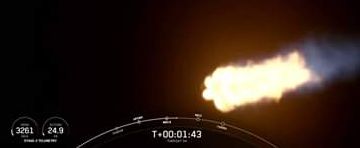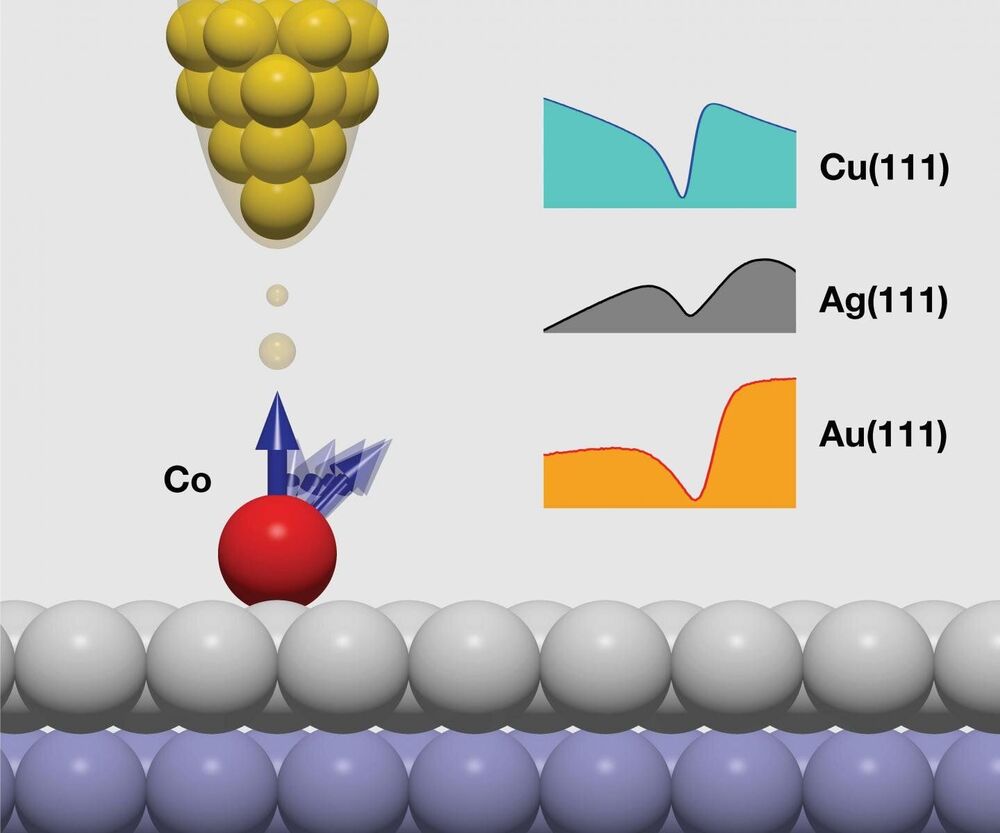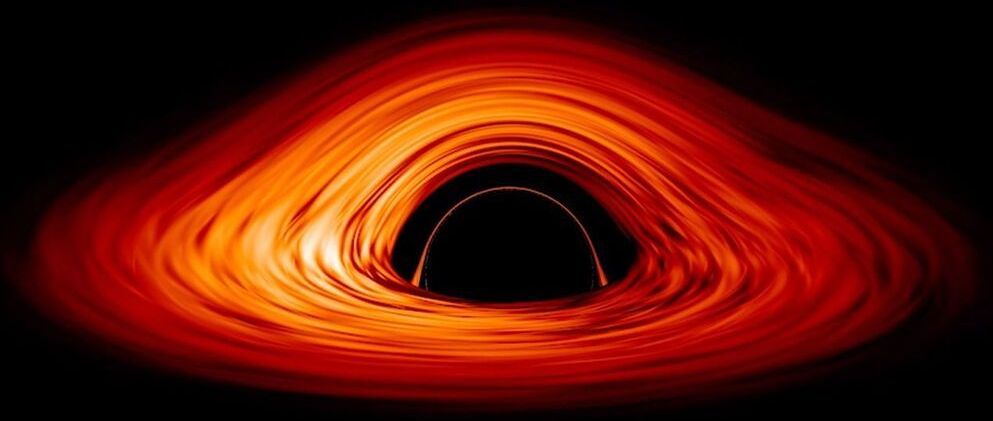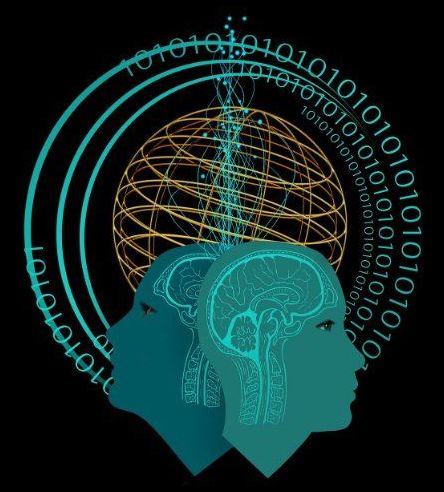University of Wyoming researchers demonstrated their method using a traditional microwave oven. Read it here.



Ten thousands of years ago, the cave lion Panthera spelaea, a very intriguing subspecies of the modern-day lion which thrived on the Eurasian plateau, went extinct for reasons unknown.
A powerful ruler of the European steppe, the cave lion roamed territories from Spain to the far-off east of Russia. Fossils and bones have been dug out even in Alaska.
It was a loss of one of the largest subspecies of a lion to have ever traversed our planet. Scientists deem the cave lion was even slightly bigger than the average lion we see today.

The Kondo effect influences the electrical resistance of metals at low temperatures and generates complex electronic and magnetic orders. Novel concepts for data storage and processing, such as using quantum dots, are based on this. In 1998, researchers from the United States published spectroscopic studies on the Kondo effect using scanning tunneling microscopy, which are considered ground-breaking and have triggered countless others of a similar kind. Many of these studies may have to be re-examined now that Jülich researchers have shown that the Kondo effect cannot be proven beyond doubt by this method. Instead, another phenomenon is creating precisely the spectroscopic ‘fingerprint’ that was previously attributed to the Kondo effect.
Normally the resistance of metals decreases as the temperature drops. The Kondo effect causes it to rise again below a threshold value typical to the material in question, the so-called Kondo temperature. This phenomenon occurs when magnetic foreign atoms, such as iron, contaminate non-magnetic host metals, such as copper. Simply put, when a current flows, the atomic nuclei are engulfed by electrons. The iron atoms have a quantum mechanical magnetic moment. This causes the electrons in the vicinity to align their spin antiparallel to the moment of the atom at low temperatures and to hang around the cobalt atom like a cloud on a mountaintop. This hinders the flow of the electrons—the electrical resistance then increases. In physics, this is known as entanglement, the strong coupling of the moment of the impurity with the spins of the surrounding electrons.

Scientists hope to answer three specific questions: Do the observed black holes really have event horizons? Are they as featureless as the no-hair theorem says? And do they distort spacetime exactly as the Kerr metric predicts?
How do you prove that you’re observing a bizarre, featureless hole in the fabric of space and time?

Executive director & co-founder of kiss the ground, and producer of kiss the ground the movie, discussing regenerative agriculture for planetary regeneration.
Ryland Engelhart, is Executive Director & Co-Founder of Kiss The Ground (https://kisstheground.com/), a non-profit organization dedicated to planetary regeneration, and is the producer of Kiss The Ground, the Movie, recently released on Netflix.
Mr. Engelhart has spent the last 15 years as an entrepreneur working in hospitality and building a family business of organic, plant-based restaurants called Cafe Gratitude and Gracias Madre, located in Southern California.
He is also a co-creator of the award-winning, documentary film, “May I Be Frank” on the transformational aspects of a vegan lifestyle.
Mr. Engelhardt is a public speaker and community organizer and works to inspire more love & gratitude in his organizational culture and culture at large. He speaks on the topics of sacred commerce, gratitude, love as an inside job, 10 tools for building community, and planetary regeneration, and is the host of Kiss the Ground’s “We Can Do This Podcast”.

Researchers have been studying chloride’s corrosive effects on various materials for decades. Now thanks to high-performance computers at the San Diego Supercomputer Center (SDSC) at UC San Diego and the Texas Advanced Computing Center (TACC), detailed models have been simulated to provide new insight on how chloride leads to corrosion on structrual metals, resulting in economic and environmental impacts.
Conducted by a team from Oregon State University’s (OSU) College of Engineering, a study discussing this newfound information was published in Materials Degradation, a Nature partner journal.
“Steels are the most widely used structural metals in the world and their corrosion has severe economic, environmental, and social implications,” said study co-author Burkan Isgor, an OSU civil and construction engineering professor. “Understanding the process of how protective passive films break down helps us custom design effective alloys and corrosion inhibitors that can increase the service life of structures that are exposed to chloride attacks.”

Summary: Using data from RNA sequencing, researchers have identified three molecular subtypes of Alzheimer’s disease.
Source: Mount Sinai Hospital.
Researchers at the Icahn School of Medicine at Mount Sinai have identified three major molecular subtypes of Alzheimer’s disease (AD) using data from RNA sequencing. The study advances our understanding of the mechanisms of AD and could pave the way for developing novel, personalized therapeutics.
